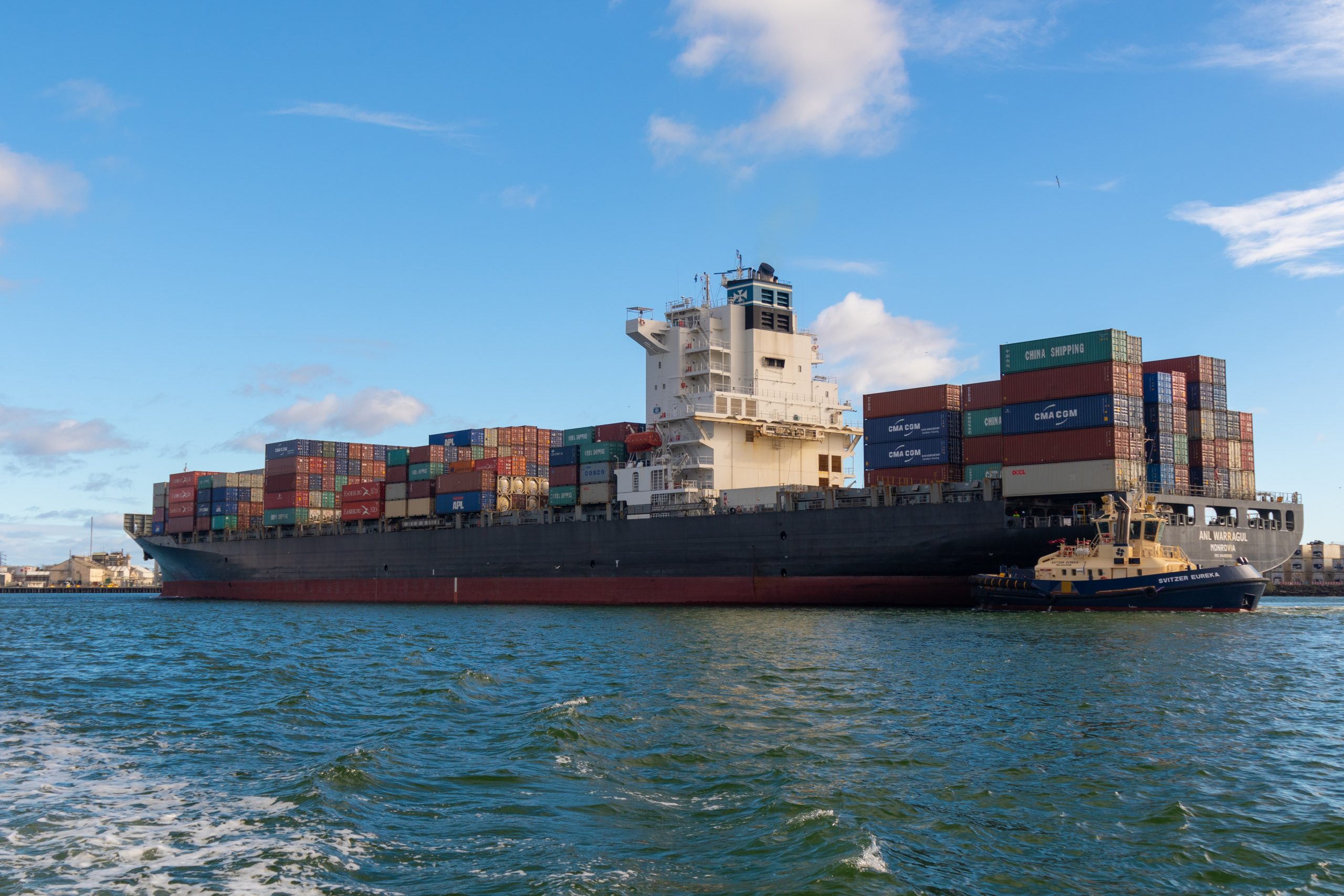Panos Koutsourakis, Maritime-Executive.com, September 21, 2023
As the maritime industry looks ahead and dives deeper into the complexities of the three value chains – production, storage and consumption – it becomes clear that shipping is more than a spectator in the global green energy revolution. Instead, it serves as a critical facilitator and enabler.
However, it is essential to invest in cutting-edge technology that can significantly lower the industry’s carbon footprint. This involves both the adoption of alternative fuels, EETs and novel solutions such as onboard carbon capture systems.
This transition to greener technologies also requires substantial investment and will incur initial expenses that change the dynamic of shipping’s commercial relationships. But in the long-term, shipping operations could benefit from lower emissions, reduced fuel use and simplified regulatory compliance.
The Energy Transition
The global energy market is at a crossroad. With rising energy consumption to meet consumer demands and a pressing need to simultaneously reduce carbon footprints, there is a definitive shift toward renewable and low-carbon energy sources.
One of the solutions to the decarbonization challenge is the evolution of the energy industry, which will support creating an alternative, low-carbon fuel supply chain. The ABS Market Outlook provides a comprehensive analysis of the current energy sector and highlights the upcoming challenges and possibilities. With energy consumption rising to meet consumer demand and a pressing need to simultaneously reduce carbon footprint, there is a definitive shift toward renewable and low-carbon energy sources.
As companies worldwide increase their carbon capture projects, the requirement to transport collected carbon becomes essential. Ships built to transport liquid carbon as cargo are emerging as an important link in the carbon value chain. These vessels ensure that liquid carbon is transported safely and efficiently from capture sites to utilization or storage facilities.
The Regulatory Backdrop
The IMO GHG reduction strategy, as revised at the IMO’s 80th meeting of the Marine Environment Protection Committee (MEPC 80), will lead to significant changes for vessel design and operations.







